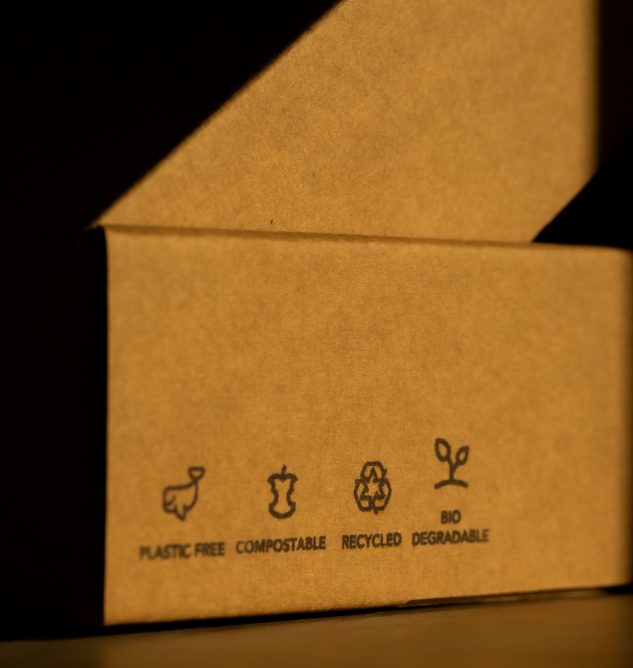I recently read an article celebrating a collaboration among major retailers as part of an initiative to address the problem of single use plastic bags. Normally I would praise such efforts, especially because they brought in designers to better understand the system, the context, and the end users. But with two of our students currently experiencing direct impacts of climate change (fire and flood, respectively) on top of the relentless news stream announcing the latest results of our idiocracry, I’m a bit distressed and distracted.
But that’s the whole point, isn’t it. Instead of focusing on our fundamental problems of over-consumption, exploitation, and complete abdication of responsibility to each other and the earth, we’re lured into being distressed and distracted by bags. Bags that will be filled with items wrapped in non-degradable, non-reusable, non-recyclable packaging. Bags filled with items made with toxic chemicals in factories run on fossil fuels using underpaid labor working in inhumane conditions. Bags filled with items that we don’t really need and that will become the victim of ennui and decluttering. (If you’re wondering, it is better to bring your own reusable bags, as long as you use them many many times — 10 to 20 times for durable plastic bags and 50 to 150 times for cotton bags.)
Sustainable designers might be hired to design more sustainable bags — as well as earth-friendly packaging and eco-groovy products — but that can be a distraction. Designing to reduce negative impacts of mass-produced consumer products is certainly important, particularly in the short term, but we cannot consume our way to a more sustainable world.
So what is sustainable design? What should we be focusing on? I think you probably already know. We should be focusing on designing for common value, designing for shared good, designing for life. We should wonder how to make design decisions that have the greatest positive impact, that leave the world a little better place. Sustainable design is out-of-the-bag thinking.
[Photo by Marcell Viragh on Unsplash ]

